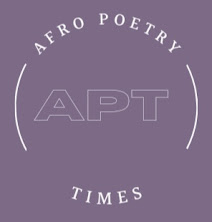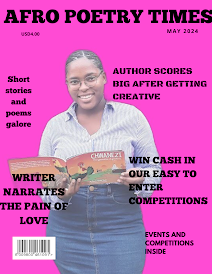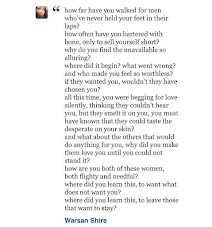South African homes are largely dependent on the assistance of domestic workers. Compare our near 1 million registered domestic workers to that of other countries and it becomes a lot clearer.
R19.09 per hour or R3 000 per month is the minimum wage for domestic workers in South Africa, however, according to Business Tech, many aren’t afforded this rate, earning between R2,614 and R2,916 a month on average.
Author and activist
Herman Le Roux recently shared a piece of writing — poetry — on social media that has since gone viral for the second time. The poem first began circulating last year.
His words cut into the reality of domestic work in South Africa. His narrative depicts the voice of one woman’s human experience. A single voice that echoes a million more:
I get up at four.
I take a taxi, I wait.
You want me on duty by seven.
Rain or cold
I travel. Sometimes very far.
Some days I buy myself that vetkoek
from the street seller. It is only one Rand
other days I do not have that one Rand
But that is ok
my madam will give me yesterday’s bread.
Food is food.
Morning Mam
I have a skill.
I can fold clothes like my mother taught me.
I can iron like the iron is an extension of my being.
I can show you the secret of cleaning
the hidden talents only we know.
I clean your clothes, clothes I will never wear.
I sometimes prepare your meals, meals that
are something I can never afford.
The wet towels on the floor
that polish off your precious wood
the windows, the windows that never end.
The dust that is always there
Sometimes you treat me well,
I get a good salary, I get benefits
you care for me like I am one of the family
that happens to a few of us in our lifetime
the rest, we are just domestics, the maid.
I see your fights with each other
I dare not speak about it, it is not my business.
I see your secrets, your lives you really lead
the fake lives.
I am just the maid, the worker in the house
but I see it all.
And it makes me sad sometimes
to see that you have so much
yet you are so unhappy.
I wash the windows, that you hang curtains in front
to hide the real life you lead.
I clean the floors, where you walk on them
I play with your children,
they love me as I love them.
Sometimes I am just a thing
the thing that must come clean up after a drunk
weekend
I do that. I have to work.
I am grateful.
I fold your delicate underwear that you bought
in the finest shops
I clean the toilets you use
I wipe the sad away and make your
home beautiful.
I work for minimum wage
I am cheap labour.
Yet that labour is hard labour.
Wash the floors
Wash the walls
Vacuum
Iron
Hang the washing
Sweep
Do the dishes
Clean the toilets.
I know I am fortunate
I have a job.
With this job I have built a nation,
I fed my own kids, put them through school
I fed your kids, made their food,
I cleaned my children’s clothes as they go to school for a future
I cleaned your children’s clothes as they go to school for a future.
Sometimes I am treated well, decent.
Other times I am treated like rubbish, I may not sit
I get that separate cup and plate
as if I have some illness, yet I make your food.
That hurts me. It makes me feel that you
think I am dirty.
Your kids run to me, I often speak to them
I know your pets
I know all your likes
your dislikes
what do you know about me?
I am the one who holds your home together, clean it, do so many little things, important to you, while you go work.
You come home to a clean house, I still have to go clean mine.
I am the maid, the domestic, the cheap labour.
It is I, Sophie, Johanna, Maria
who have also built this nation, as I gave you your perfect home
for building a life.
I have as much value as the learned ones
I am the backbone of so many families
I am not just the maid.
I have a name
I have value
I am hope.
I am old now, my hands show the years of work
with water
in the cold.
There is no retirement package waiting for me,
no domestic to clean up after me.
I will work until I no longer can.
My name is future for many, food on the table, life, hard work
I am the worker in your house, I am the one willing to do that work so many will not, because I have honour, and I am not ashamed to clean a toilet. It is a good day’s work.
I am,
me.




























































